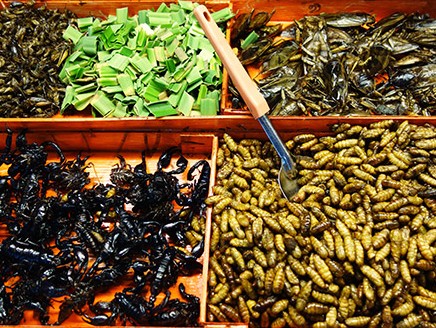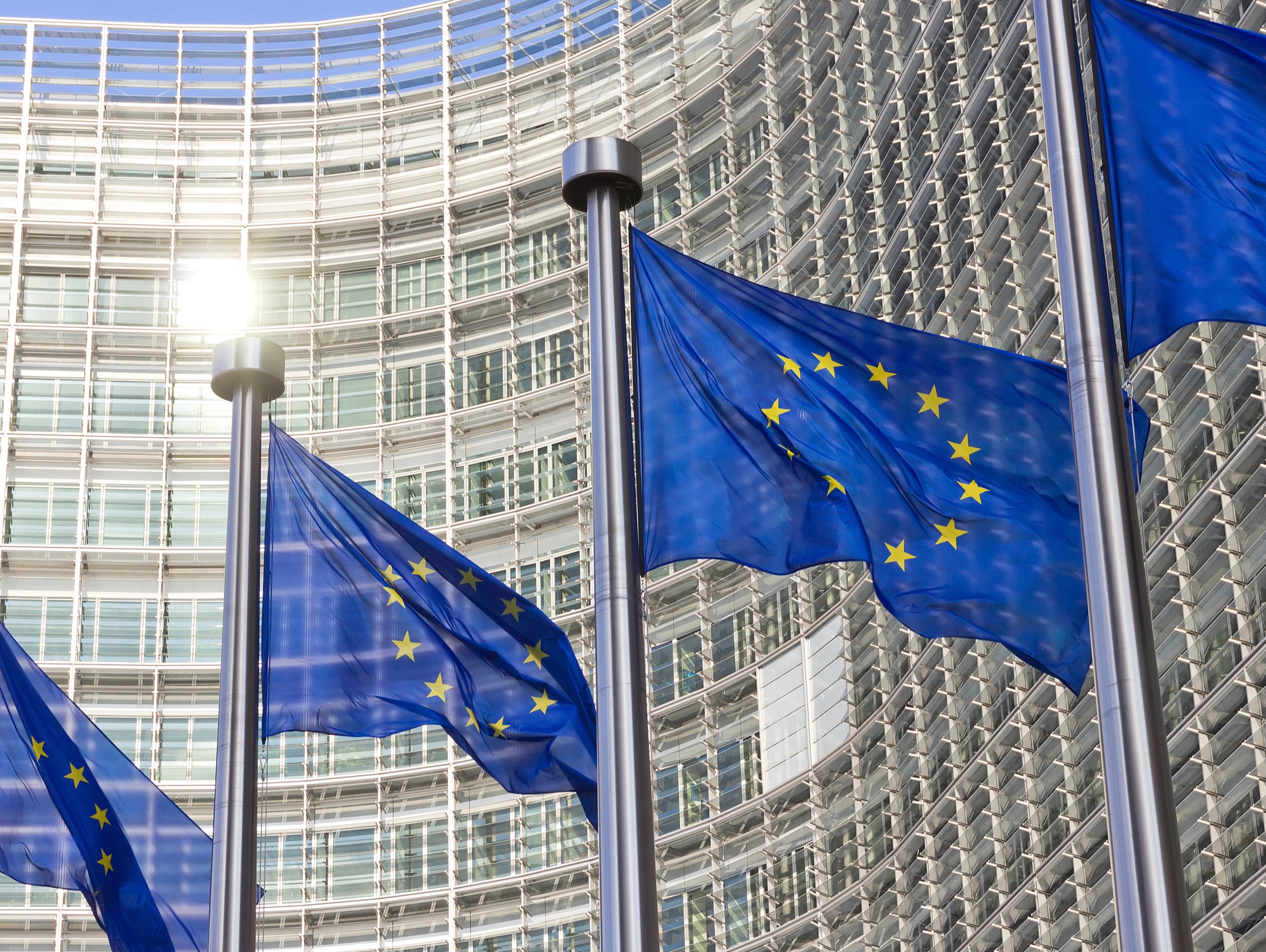
On Wednesday 29 October the members of the European Parliament voted on proposals to simplify the approval procedures for new foods or food ingredients (‘novel foods’). An update to the existing regulation is urgently needed to keep pace with scientific and technological advancements.
European rules governing the introduction of novel foods have been in place since 1997. Any new food or food ingredient requires safety assessment and authorisation before it can be placed on the EU market, and that has long been a time-consuming and expensive process. By setting up an approval procedure for novel foods which is the same in each EU country, the Commission expects to reduce the administrative burden on the European food industry and boost its competitive strength.
On Wednesday 28 October MEPs adopted a report to simplify the approval procedures for novel foods. However, the members of parliament did make a number of changes to the agreement that had been previously reached with the Member States. Therefore, the agreement must now be presented to and approved by the Member States in the Council of Ministers before it can come into effect.
'Insects are classed as a novel food in Europe'
Novel foods include products such as insects and nanomaterials as well as fungi, algae and new food colourings. They are newly developed and innovative foods, such as a product including additives which improve its health benefits. One example of this is the addition of phytosterols to margarine in order to lower cholesterol. Novel foods can also be products made using new technologies and production processes, such as modern biotechnology or a new breeding or cultivation technique. Food that is traditionally consumed in other countries but no in the EU is also classified as ‘novel’. Examples include seeds or juices from exotic plants from the tropical rainforest, such as chia seeds. There have been around 180 applications for authorisation since 1997 (7-10 per year). Out of all those applications, approximately 80 novel foods have been authorised for use in the EU.
In late September a press seminar was organised in Brussels about the update to the EU Novel Foods Regulation, and we were there. The seminar featured input from various people who had been involved in the proposed change, including Valeriu Curtui (head of EFSA’s Nutrition Department), James Nicholson (ENVI Rapporteur for the Novel Foods Regulation) and the six Shadow Rapporteurs. The panel also included MEP Jan Huitema who has been MEP on behalf of the Dutch party VVD since July 2014. “I regard the biggest advantage of the new legislation as being the fact that a central, science-led level of authorisation will emerge,” said Huiteman. “A second advantage is that it creates a level playing field in Europe. As food becomes increasingly scarce, its nutritional value gains in importance. Innovation is necessary to be able to feed the world in the future. Furthermore, as a political faction we are above all keen to ensure that the policy must be feasible for all stakeholders, and hence also for businesses. Are there any disadvantages? Yes, the fact that it has taken such a long time for this law to come into force!”
‘Novel foods include products such as insects and nanomaterials as well as fungi, algae and new food colourings’
In the future, companies that want to launch a new food product must apply to the Commission in Brussels rather than to the government authority in each individual Member State as previously. A centralised procedure for approval of novel foods will prevent different levels of food safety and hence improve the protection of public health within the European Union. Furthermore, a centralised approach will provide a better guarantee of the smooth-running of the internal market for novel foods and can strengthen the competitive position of the European food industry.

Products that have already been approved for the national market may remain on shelves during the European approval procedure. This applies to insects that are already sold in a number of Dutch supermarkets, for example. If a product will continue to be sold on the national market only, and therefore no approval is desired for sale in other European countries, it is not necessary to initiate an approval procedure.
Source: EP-vlaggen: ©Jelle van der Wolf; Novel Foods: ©Image licensed by SignBiblio